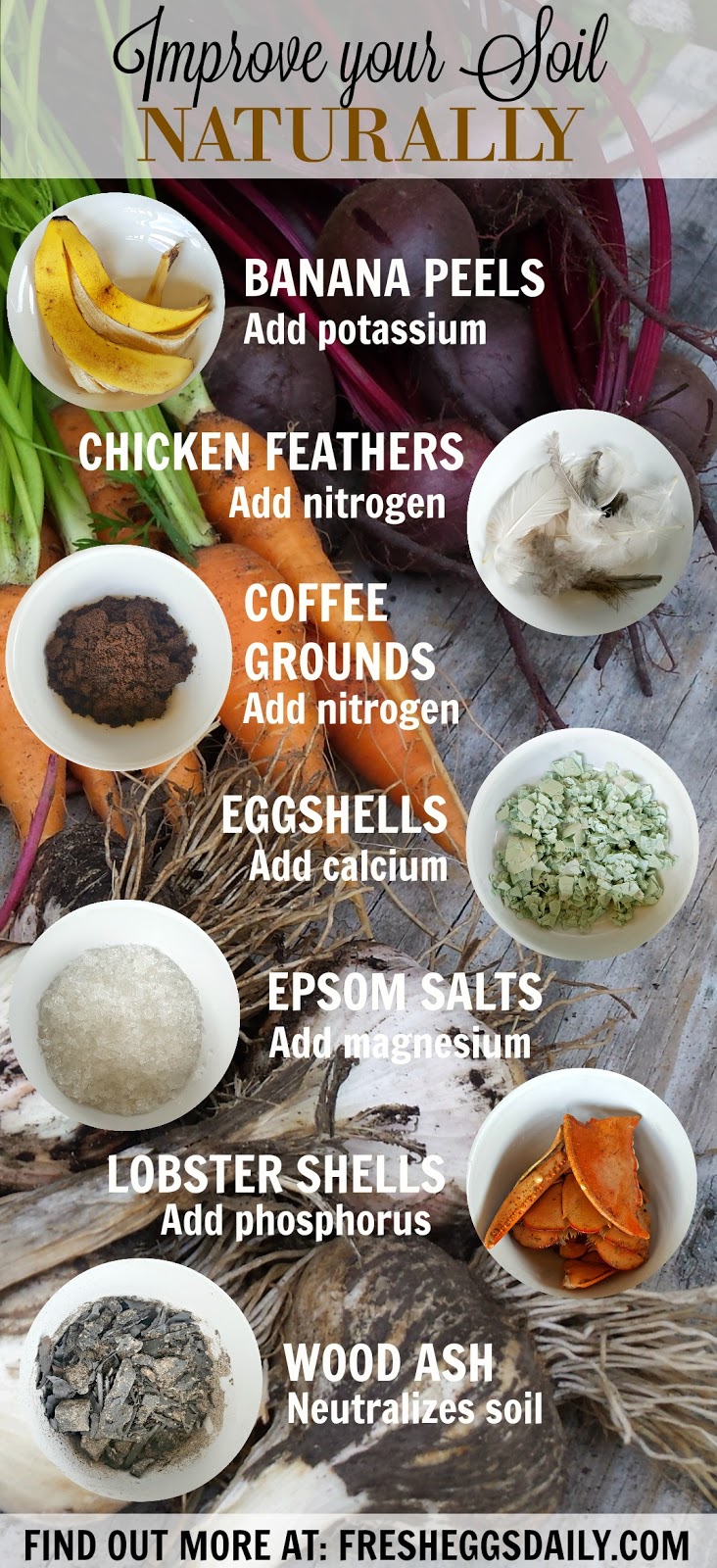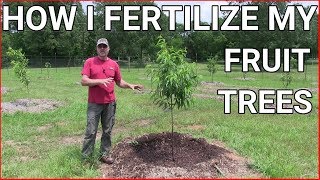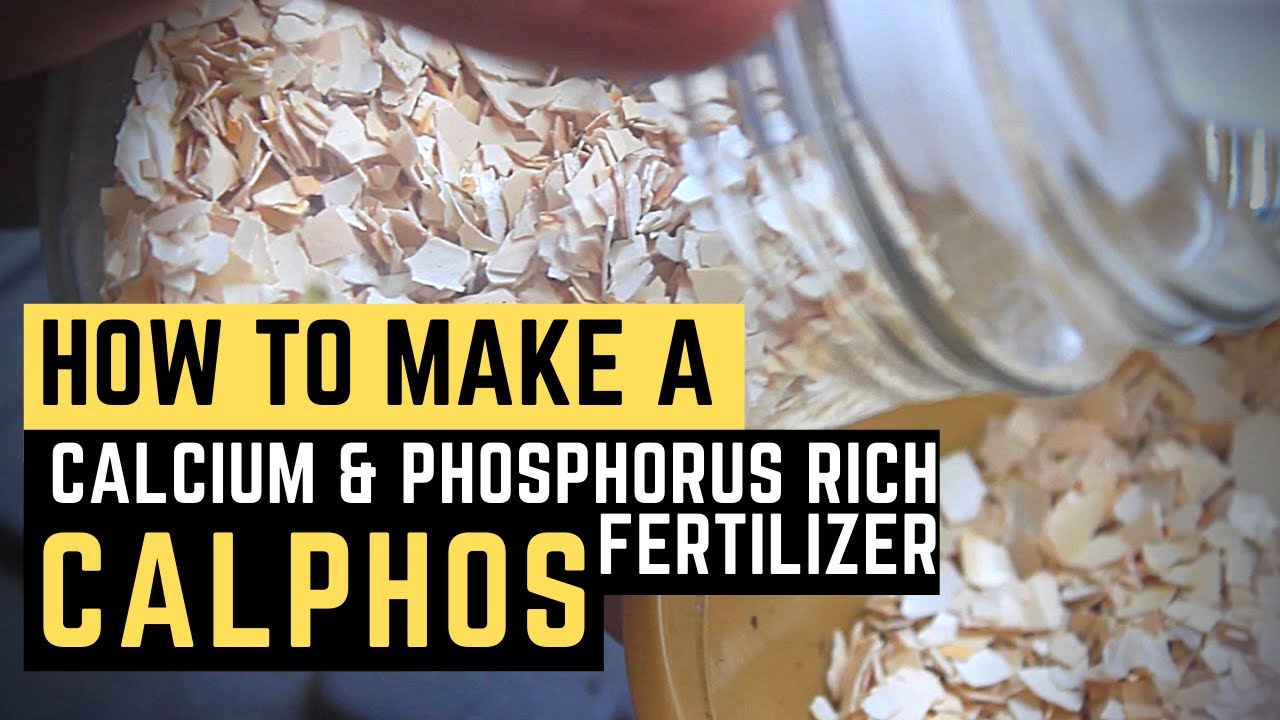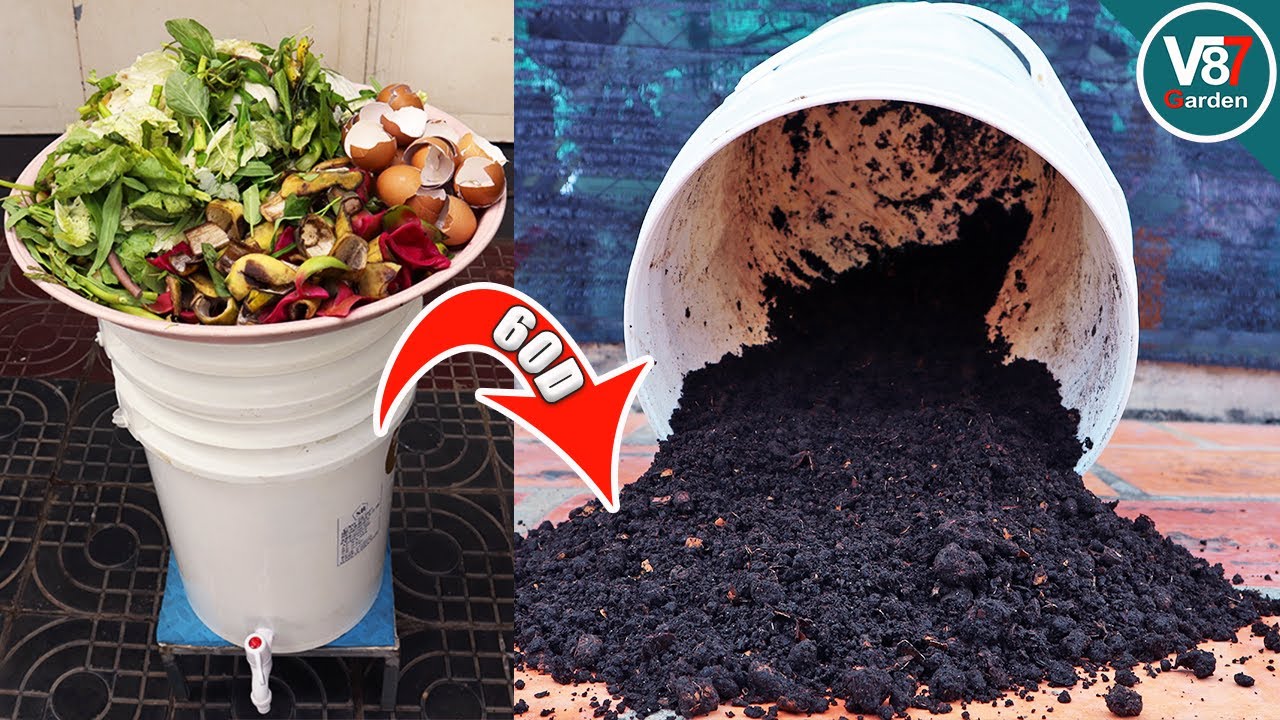How to Increase Magnesium in Soil Naturally?
Magnesium is an essential nutrient for plant growth, playing a crucial role in photosynthesis, enzyme activation, and overall plant health. Ensuring adequate levels of magnesium in the soil is important for maximizing plant growth and productivity. If you find that your soil is deficient in magnesium, there are several natural methods you can use to increase magnesium levels and promote healthy plant growth.
1. Use Epsom Salt
Epsom salt, also known as magnesium sulfate, is a popular and cost-effective way to boost magnesium levels in the soil. Simply mix Epsom salt into the soil before planting or dissolve it in water and apply it directly to the plants. Epsom salt is readily available at garden centers and is safe for most plants when used in moderation.
2. Apply Compost or Manure
Compost and manure are excellent sources of magnesium and other essential nutrients for plants. Adding compost or manure to your soil can help increase magnesium levels over time while also improving soil structure and fertility. Make sure to use well-aged compost or manure to prevent burning your plants with excessive nutrients.
3. Plant Cover Crops
Certain cover crops like buckwheat, oats, and clover can help increase magnesium levels in the soil. These plants have deep root systems that can access nutrients deep within the soil, including magnesium. Planting cover crops in between growing seasons can help naturally replenish magnesium levels and improve overall soil health.
4. Mulch with Leaves or Grass Clippings
Using organic mulch like leaves or grass clippings can help increase magnesium levels in the soil over time as they decompose. Mulch also helps retain moisture and regulate soil temperature, creating a healthy environment for plants to thrive. Make sure to replenish mulch regularly to maintain adequate levels of magnesium in the soil.
5. Test Your Soil Regularly
Testing your soil regularly is essential for monitoring nutrient levels, including magnesium. Soil tests can help you determine if your soil is deficient in magnesium and guide you in making informed decisions about how to amend the soil. Consider using a professional soil testing service to get accurate and detailed information about your soil’s magnesium levels.
Conclusion
Increasing magnesium levels in the soil naturally is essential for promoting healthy plant growth and maximizing crop yield. By using methods like Epsom salt, compost, cover crops, mulch, and regular soil testing, you can ensure that your soil has adequate levels of magnesium for optimal plant health. Remember to monitor your plants for any signs of magnesium deficiency and adjust your soil management practices accordingly. With proper care and attention, you can create a thriving garden with abundant magnesium-rich soil.



